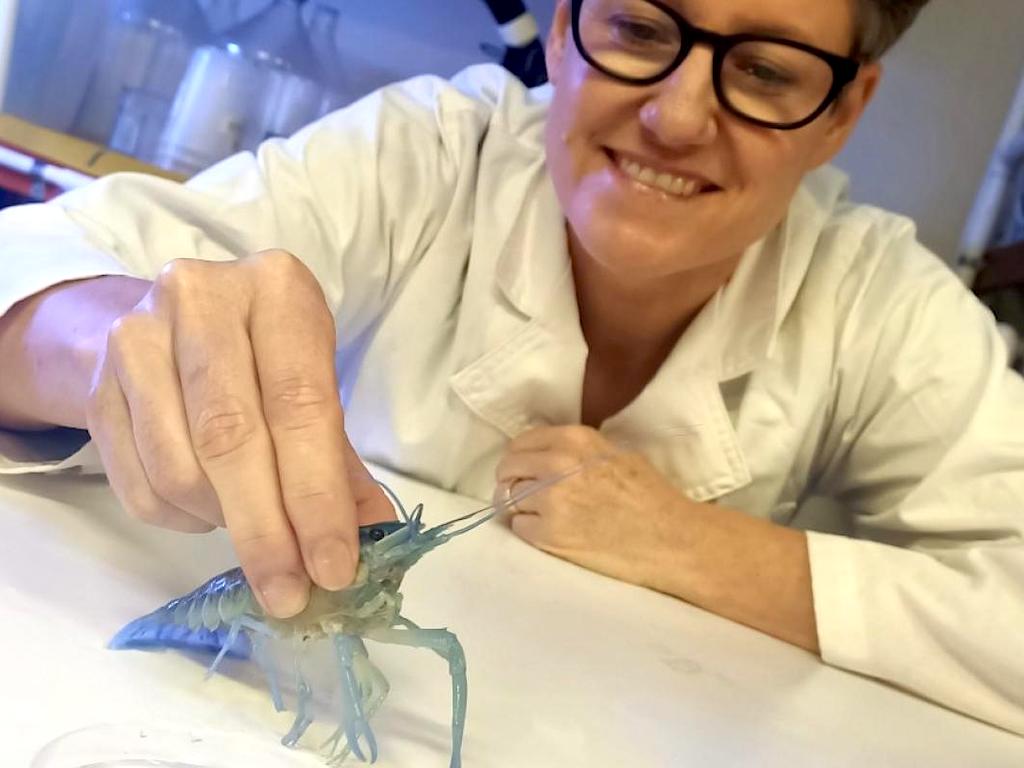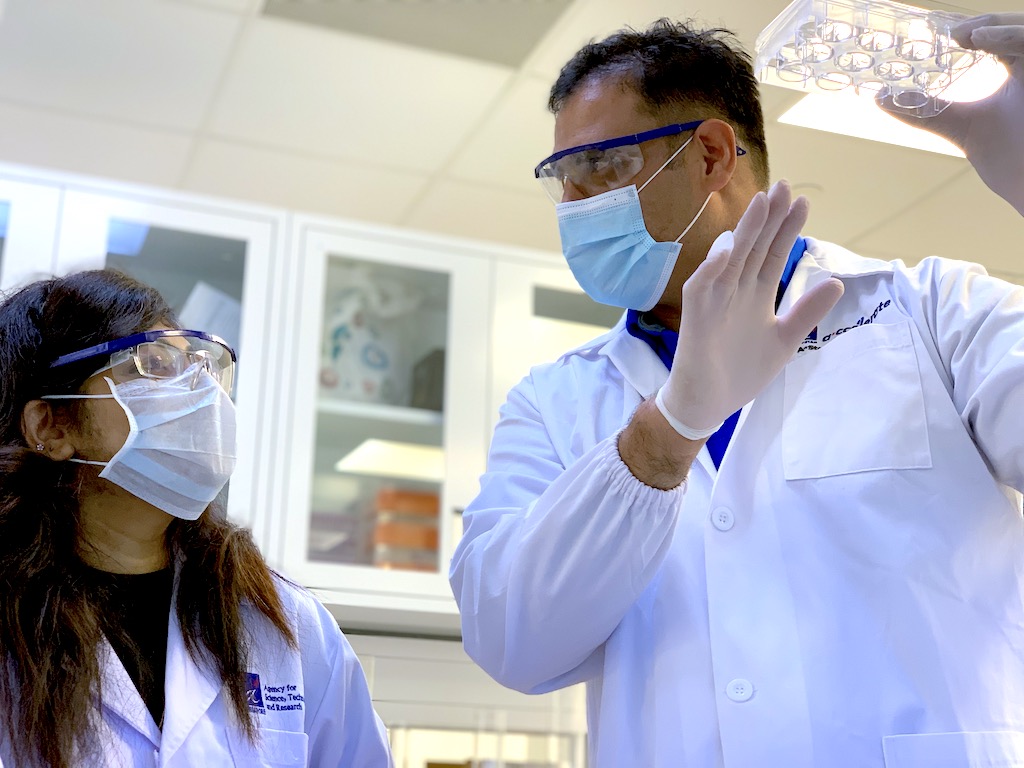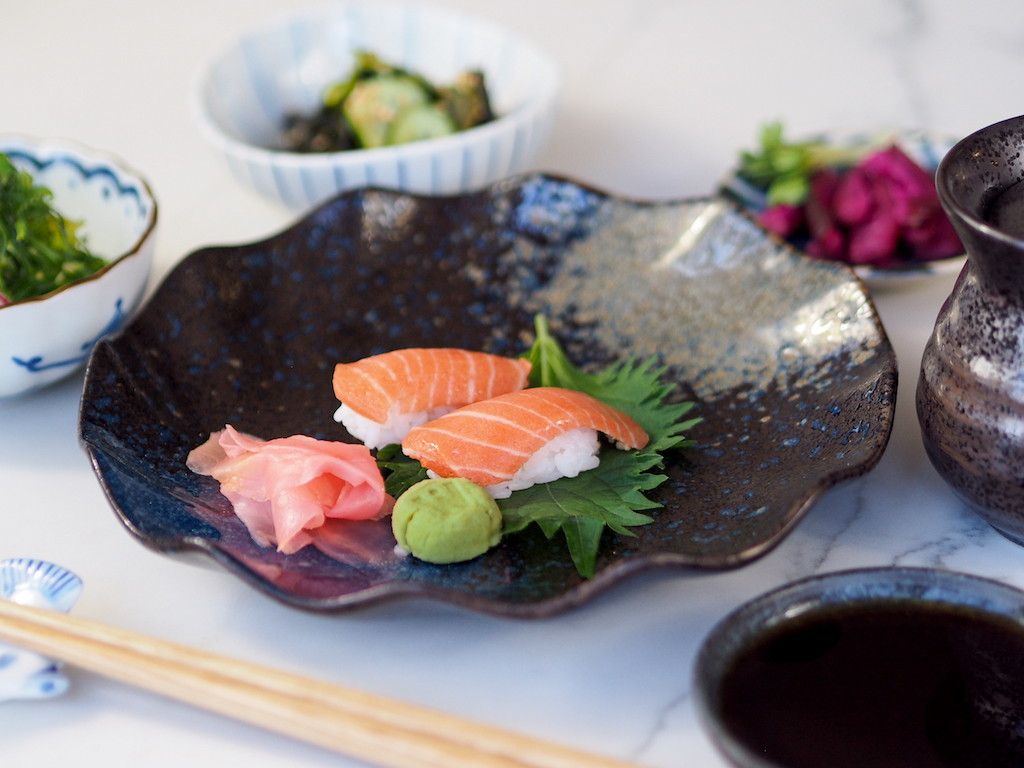3 Mins Read
A newly launched interactive tool will help students and those looking to switch careers to “break into” the field of cellular agriculture. Designed to drive talent into the emerging industry, the Pathways tool outlines the areas where innovation and research is needed, and matches these to related tertiary qualifications in Australia.
Developed by Cellular Agriculture Australia (CAA), the nonprofit supporting the cell-based ecosystem in the country, the new Pathways tool launched on Monday (March 15) aims to target students and STEM-qualified talent and connect them into the field dedicated to producing slaughter-free foods and materials directly from animal cells.
The tool allows students to look through different research challenges in the field of cellular agriculture, and links each of these areas where there are “problems to solve” to the tertiary qualifications needed to tackle them. It even provides direct links to Australian universities and their courses, and users can filter through them by state.
“While the talent landscape has evolved drastically over the past five years, there is still a pressing need for highly trained scientists and technicians to solve the growth-limiting research challenges in the field,” said CAA in a press statement about the launch.

Pathways targets high school students and university students in Australia, as well as graduates and professionals who have a background in STEM and are looking to switch careers and enter into the cellular agriculture industry, which is still in its early stages in the country with just over 100 startups in the space.
While the talent landscape has evolved drastically over the past five years, there is still a pressing need for highly trained scientists and technicians to solve the growth-limiting research challenges in the field.
CAA
“The tool enables students to build a detailed picture of which areas within cellular agriculture research that interest them the most and which tertiary qualifications can best equip them to get involved,” explained CAA team member and cellular agriculture scientist, Lisa Musgrove, who recently became the first Australian to win funding support from New York-based research institute New Harvest for her project on crayfish growth factors and cell-culture.
Some of the “problems to solve” outlined in Pathways includes developing 3D edible scaffolding to culture whole muscle cuts of meat, a challenge that Australian startup Cass Materials is taking on and scaling up the biotechnology to meet projected demand.

Another obstacle is developing low-cost solutions to cell-culture media, an area that Singapore-based TurtleTree Scientific is working on to drastically reduce production costs and enable price parity with conventional animal meat.
They want to know what sorts of roles are out there, and what skills and knowledge will qualify them to be employed and to succeed in those roles.
Dr. Bianca Le, Founder & Executive Director, CAA
Speaking about the idea for Pathways, CAA founder and executive director Dr. Bianca Le said: “I’m often asked by students what they need to study to get into cellular agriculture. They want to know what sorts of roles are out there, and what skills and knowledge will qualify them to be employed and to succeed in those roles.”
“On the other end of the spectrum, professionals in other STEM industries reach out to us to learn how they can apply their existing expertise to forge a new career pathway into cellular agriculture. The Pathways tool is designed to provide guidance for both of these talent markets,” Dr. Le continued.
The CAA highlighted that while Pathways is an Australia-focused interactive tool, the concept could be replicated and designed for other regions to provide a resource for students elsewhere who also want to enter the cell-based field.
Lead image courtesy of Wildtype.




